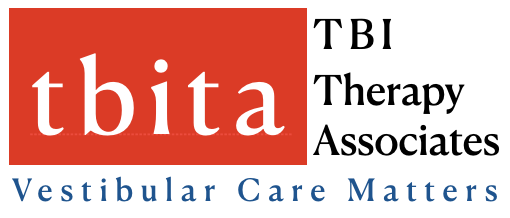
DIZZINESS IN TBI
Diagnosis of Dizziness
Diagnosing dizziness involves a comprehensive approach by specialists, such as vestibular physiotherapists, to identify the underlying cause of the symptoms. The diagnostic process typically includes the following steps:
- Present and Past Medical History: The specialist will start by gathering a detailed medical history. This includes questions about the nature of the dizziness—its duration, frequency, triggers, and any associated symptoms. They will also review relevant medical conditions, current medications, recent illnesses or injuries, and lifestyle factors
- Physical Examination: A thorough physical examination will be conducted to assess vital signs, neurological function, balance, and coordination. Specific manoeuvres may be performed to evaluate eye movements, test for nystagmus (involuntary eye movements), and assess gait and balance
- Review of Medications: Since some medications can cause or worsen dizziness, the specialist will review the individual's current medication list. They may adjust or discontinue any medications contributing to the symptoms.
- Vestibular Tests: Various tests will be conducted to evaluate the function of the vestibular system, including assessments of balance and spatial orientation.
- Imaging Studies: In certain cases, imaging studies such as magnetic resonance imaging (MRI) or computed tomography (CT) scans may be helpful to exclude structural causes of dizziness in the brain or inner ear.
- Cardiovascular Evaluation: As dizziness can sometimes be linked to cardiovascular issues, tests may be performed to assess the heart's involvement
